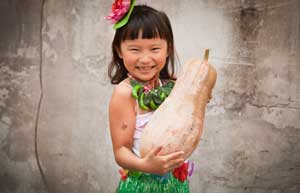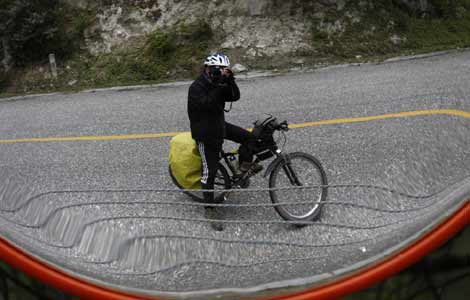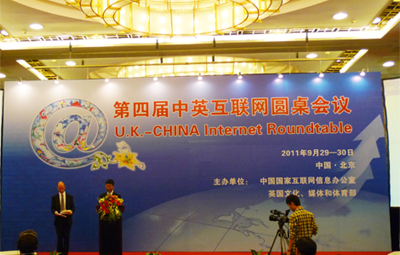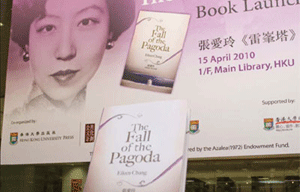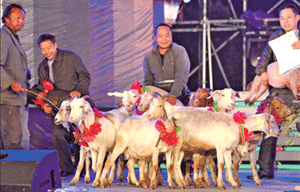Execs study food safety in Europe
Updated: 2011-09-30 11:36
By Cecily Liu (China Daily)
|
|||||||||
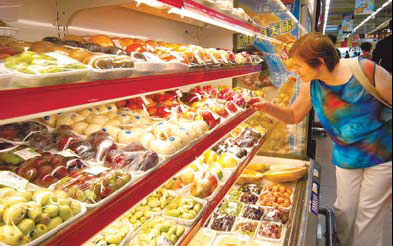 |
|
A foreign woman chooses fruits at a supermarket in Lianyungang, Jiangsu province. Wang Chun / for China Daily |
LONDON - Chinese food providers have a lot to learn from their European counterparts in improving food safety and sustainability, business leaders said.
"I am touched to see the amount of care individual workers put into the food they prepare for customers," Wang Yanjun, vice-president of Liaoning Xinglong Happy Family Business Group, told China Daily.
Wang is one of the managers from major Chinese restaurants and retailers who studied Europe's food industry on a 10-day tour that ended on Thursday.
Food safety is becoming an increasingly discussed issue in China, after reports of melamine-contaminated milk products, gutter oil used in restaurants, rice contaminated with cadmium, sulfur steamed ginseng and dyed bread, to name a few.
"One of the memorable places I've visited is Mitchells & Butlers. What they have presented me with is not just food and drink, but product consistency, heritage and trust. Only companies that treat their customers with a sense of moral responsibility can build up trust that withstands the test of time," Wang said.
Formed by the merger of two breweries both founded in Smethwick in the English Midlands in 1866, Mitchells & Butlers now operates around 1,600 restaurants and pubs across the United Kingdom.
"Another important aspect of ensuring food safety is the establishment of a mature regulatory environment. Professional qualification awarding bodies like the Chartered Institute of Environmental Health (CIEH) in the UK are playing an increasingly important role not just in monitoring individual businesses they work with, but in improving society's expectations and awareness of food standards," Wang added.
Jenny Morris, principal policy officer at CIEH, which co-organized the Chinese delegation's trip, said that the amount of effort European inspectors and lobbying bodies put into helping small- and medium-sized enterprises understand food safety laws is an area China can learn from.
Morris added: "Food safety regulation can be complex, and big businesses have technical support to help them comply with the law, but this may not be the case with smaller businesses."
"CIEH gives food providers support and training, but we also make information about food providers available to consumers, which gives them commercial incentives to make sure that their products comply with standards," she said.
As an internationally oriented organization, CIEH partnered with the China Chain Store & Franchise Association (CCFA) in 2006 to promote food safety in China.
It has awarded CIEH-CCFA food safety certificates to more than 60 chain food providers and more than 1,000 people working in China's food industry.
"Another common goal between Europe and China is to implement common regulatory standards across different regions. European regulators cooperate through a transparent information sharing system, allowing the latest information about food safety issues, products and technology to be effectively exchanged between regulators in different countries," Morris added.
European Union food safety legislation applies across its 27 member states. Non-EU food providers who export food to the EU are inspected by centrally trained staff from the European Commission's Food and Veterinary Office.
Mike Wilson, managing director of NSF-CMi, a global food assurance company, said that Chinese chain stores with businesses across different cities can learn important lessons from their European counterparts about maintaining brand consistency.
Sustainability is another key issue often discussed alongside food safety.
"Sustainability in the UK is still seen by many as extra, luxury, expensive and for high end restaurants only. But on a visit to China, British MP John Gummer heard a Chinese businessman say that sustainability and profitability are the same in China - both are about doing more with less," Ed Franklin from the Sustainable Restaurants Association told the Chinese delegation at a seminar.

